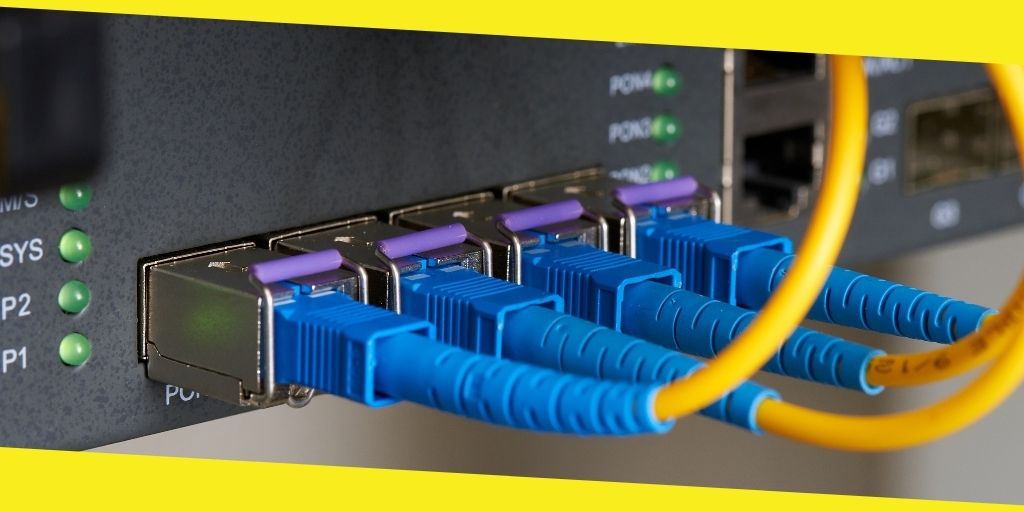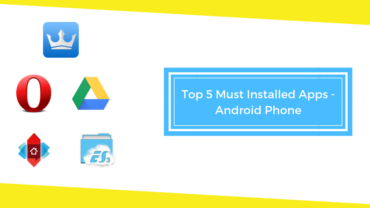How Does Speed Matter When Comparing Internet Providers

If you deal with slow internet, you’d know that having enough bandwidth for your needs isn’t always easy. Speed matters a lot when you compare internet provider. Hence, ask your provider about the expected internet speed before signing on the dotted line.
Here you’ll learn about speed factors you should be aware of before choosing an ISP.
Contents
ToggleHow Speed Affects The Quality And Quantity Of Your Internet Connection?
The applications available through the internet are only as good as the speed of your internet connection. You can improve the quality of your internet connection by improving your home network to include a fast, wired connection from the modem to the computer. You can also improve speed and reduce interruptions by choosing a broadband package with a faster transmission speed.
The faster your speed, the better will be your streaming, gaming, and other online activities. Images and videos look clearer, games get smoother, and downloads zip along at a better speed.
Bandwidth
Bandwidth is the data that can be sent or received over a certain amount of time. Simply put, bandwidth is how fast data flows into and out of your computer. For example, if you have cable internet with 3mbps service or DSL with 6 Mbps speed, that is your maximum bandwidth—the fastest data transfer rate possible over that line.
What Does It Mean For You?
The exact measurement in bytes varies between providers, but in general, higher numbers are better. Suppose you plan on doing anything even remotely bandwidth-intensive (like streaming movies or downloading music), you’ll want to make sure your connection has enough bandwidth for those activities and maybe some more. Keep bandwidth in mind when you compare an internet provider.
Megabits per second Vs. Megabytes per second
One megabit per second equals one thousand bits per second (1,000 bps), or 125 bytes per second. One megabyte per second equals one million bytes (1,000 kilobytes) or approximately 1.049 megabits per second.
The crucial thing to note here is that megabits per second are not equivalent to megabytes per second. There are eight bits in one byte, so eight times as much data can be transferred in one second over an 8-Mbps connection as it can over a 1-Mbps connection.
Pro Tip:
Be sure to clarify which measurement unit you’re using and don’t fall victim to confusing marketing jargon when you compare an internet provider.
Consider Using Fibre Optic Technology
Fibre optic technology can help you get the fastest speeds available by allowing you to send bits of data over strands of glass. To use fibre optic technology, you need a modem with an optical connection and laser diodes that receive data from the computer and convert it into light signals.
Fibre optic technology is the fastest internet connection available. Fibre optic internet works by using pulses of light to communicate data. That’s why it’s so fast. Fibre optics allows:
- Faster speeds
- More reliable connections
- Cheaper than traditional internet
Bottom Line
One of the main differences between internet service providers is speed. Speeds vary, so you need to read your provider’s website to know how quickly pages will load when you use their broadband simulators.
The speed can also depend on the device you’re using. For example, a computer may load pages faster than a smartphone because of its larger screen.
Recommended For You
Top 5 Must Installed Apps in 2018 – Android Phone
Most Inside
Most Inside offers high-quality recommendations and valuable updates to enhance all aspects of your life, providing premium guidance and enriching experiences.




